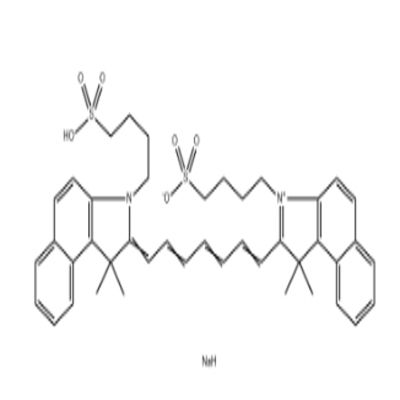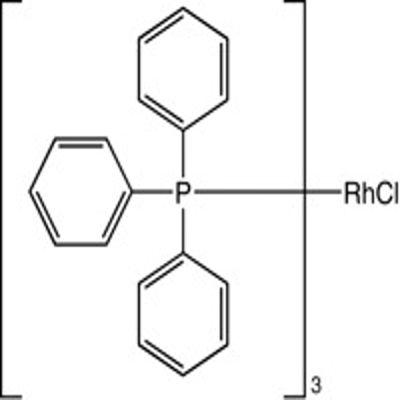-
Categories
-
Pharmaceutical Intermediates
-
Active Pharmaceutical Ingredients
-
Food Additives
- Industrial Coatings
- Agrochemicals
- Dyes and Pigments
- Surfactant
- Flavors and Fragrances
- Chemical Reagents
- Catalyst and Auxiliary
- Natural Products
- Inorganic Chemistry
-
Organic Chemistry
-
Biochemical Engineering
- Analytical Chemistry
- Cosmetic Ingredient
-
Pharmaceutical Intermediates
Promotion
ECHEMI Mall
Wholesale
Weekly Price
Exhibition
News
-
Trade Service
, Sanofi and Lexicon agreed to end the partnership of SGLT1/2 double-acting inhibitor Zynquista. It's just that the breakup wasn't cheap, and Sanofi paid $260 million for it.In November 2015, Sanofi signed an exclusive licensing agreement with Lexicon Pharmaceuticals to develop Zynquista (sotagliflozin) for type 1 and type 2 diabetes.
However, Zynquista performed differently in three Phase III clinical trials, and the results of the SOTA-CKD3 and SOTA-CKD4 studies, with the exception of the SOTA-MET study, did not achieve a significant statistically significant reduction. In view of the main endpoint results of blood sugar reduction (HbA1c) in the SOTA-CKD3 and SOTA-CKD4 studies, Sanofi unilaterally sent a notice to Lexicon at the end of July announcing that it would terminate its cooperation in the development, manufacture and commercialization of Zynquista in all ongoing global type 1 and type 2 diabetes projects.
Lexicon, however, invalidated the notice, claiming that Sanofi had breached the contract. Lexicon argues that the contracts signed by the two companies provide that Sanofi has a contractual obligation to transfer Zynquista's rights even if the alliance is effectively terminated, and that it will continue to fund ongoing clinical trials for a period of time after termination.
Two months later, the dispute finally came to an end. Lexicon announced that it had reached an agreement with Sanofi on September 9th to terminate the cooperation agreement. Lexicon regains all rights to Zynquista and assumes full responsibility for global development and commercialization. Sanofi will have to pay Lexicon $260 million in advance of $208 million, with the remaining $52 million to be paid within 12 months, and Sanofi will work with Lexicon to complete a smooth transition to clinical trials and other activities.
When the partnership was called in 2015, Sanofi made an advance payment of $300 million to Lexicon and agreed to pay milestone payments of up to $1.4 billion in the future, with Lexicon eligible for a tier of net sales and double-digit sales royalties. Lexicon is responsible for the clinical development of the drug type 1 diabetes, while Sanofi oversees the clinical development of the drug type 2 diabetes.
Sanofi is believed to have abandoned the drug mainly because Zynquista failed a SOTA-CKD4 clinical trial. The results of the trial showed that at 26 weeks, the effect of Zynquista at 200 mg and 400 mg doses of Zynquista in CKD4 patients was not statistically significantly reduced compared to placebo.
Pablo Lapuerta, Lexicon's executive vice president and chief medical officer, disagreed, speaking in a recent statement, "Although the SOTA-CKD4 study is not statistically significant on A1C, the overall results of the study remain encouraging."
, Lexicon conducted a summary analysis of Tandem1 and Tandem2, studies that assessed the safety and effectiveness of Zynquista in adults with type 1 diabetes, and published positive data on cardiovascular and kidney function after 52 weeks of treatment with Zynquista. Lexicon believes the data could show that Zynquista can reduce cardiovascular risk in people with type 1 diabetes and delay the progression of nephropathy. The results also showed that Zynquista was associated with changes in short- and long-term renal hemodynamics in patients.
In January, Zynquista's safety was questioned by the FDA, especially since the drug could raise the risk of diabetic ketoacidosis, and the FDA ultimately rejected Zynquista's application to combine insulin to treat type 1 diabetes in adults. The growing evidence will also help the drug re-apply for FDA regulatory approval. (
Sina Pharmaceutical News
)







